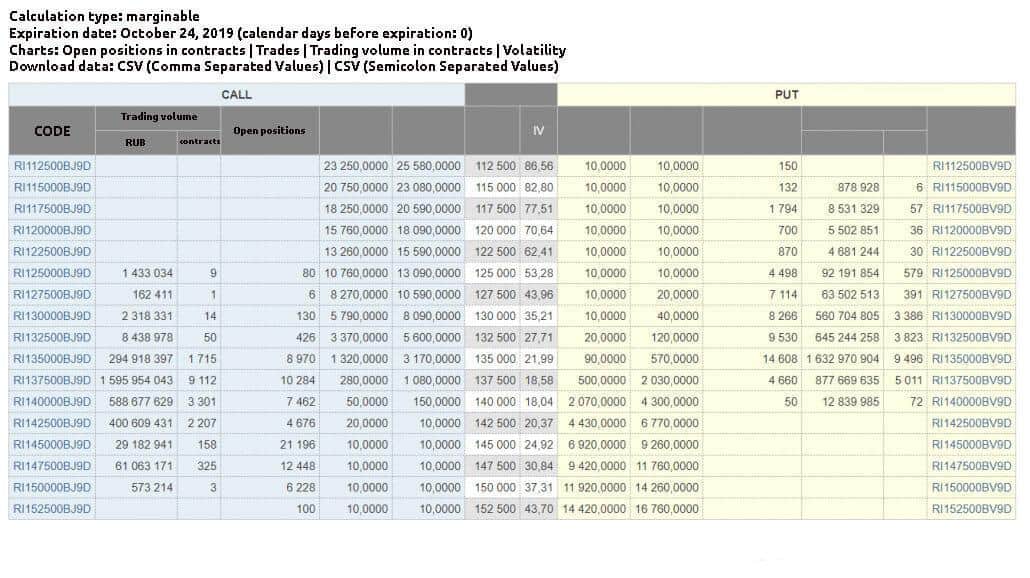
Investing today in Dow futures is like playing Roulette. The payout for winning a bet on a particular color is often very high. Dow futures are calculated differently to stocks. They do not include a weighted arithmetic mean. You will never know which stock will top the Dow index until it closes. And you can lose your money just as easily. However, the rewards can be significant if you play your cards well.
Dow futures trading is similar to making a color wager in roulette
As with any investment, trading Dow futures involves risk and uncertainty. You are betting on how the DJIA will be priced at the settlement date. If you are wrong, you must pay the other party according to the value of the DJIA. The person selling the future makes money when the index goes down, while the person buying it makes money when it goes up. The futures market is not suitable for beginners. It should be used only by experienced investors who have been successful for many years.

You can use stock calculators or a chart to help you estimate the value of your investment. A Dow futures contract is equal in size to the DJIA ten. If you place five dollars on DJIA, it will be worth $250,000. The multiplier you choose will determine how much you earn.
The payouts can be high
Dow futures trading can be a great way of getting in on the action today before the market opens. Dow futures open at 8:20 a.m. eastern and central time, an hour before the market. They can be quite lucrative if you have the money to spare. But you should be aware that the payouts can be quite steep and are not suitable for everyone. You should only invest in this type of investment if you are comfortable taking a big risk.
Trading Dow futures resembles betting on roulette. After picking your numbers, you must wait for the contract settle. If you're incorrect, you'll owe each other the difference. If the index is up, you make money. If it drops, you will lose money.
Dow futures are not calculated using a weighted arithmetic average
You may be new to stocks and wondering why Dow futures aren't calculated using a weighted average. It's important to know that the Dow Jones Industrial Average (DJIA) is a price-weighted index, which means that highly-priced stocks have a greater impact on the index's value than less-priced stocks. Additionally, the calculation of the index has changed over the years to account for stock splits and mergers. This is a comprehensive measure the US economy.

The Dow calculations work in the same manner. The Dow index's value is affected by changes in each stock's price. The value of one stock can increase or decrease by a certain amount. This calculation is used for gauging the performance of a sector's market. The DJIA also helps determine the stock's market value. The DJIA can be affected by stock splits and other factors.
FAQ
What is security in the stock exchange?
Security is an asset which generates income for its owners. Most security comes in the form of shares in companies.
Different types of securities can be issued by a company, including bonds, preferred stock, and common stock.
The earnings per shares (EPS) or dividends paid by a company affect the value of a stock.
If you purchase shares, you become a shareholder in the business. You also have a right to future profits. You will receive money from the business if it pays dividends.
You can sell your shares at any time.
Why is a stock security?
Security refers to an investment instrument whose price is dependent on another company. It may be issued either by a corporation (e.g. stocks), government (e.g. bond), or any other entity (e.g. preferred stock). If the underlying asset loses its value, the issuer may promise to pay dividends to shareholders or repay creditors' debt obligations.
Why are marketable securities important?
An investment company's primary purpose is to earn income from investments. It does this through investing its assets in various financial instruments such bonds, stocks, and other securities. These securities have attractive characteristics that investors will find appealing. They are considered safe because they are backed 100% by the issuer's faith and credit, they pay dividends or interest, offer growth potential, or they have tax advantages.
A security's "marketability" is its most important attribute. This is the ease at which the security can traded on the stock trade. A broker charges a commission to purchase securities that are not marketable. Securities cannot be purchased and sold free of charge.
Marketable securities can be government or corporate bonds, preferred and common stocks as well as convertible debentures, convertible and ordinary debentures, unit and real estate trusts, money markets funds and exchange traded funds.
Investment companies invest in these securities because they believe they will generate higher profits than if they invested in more risky securities like equities (shares).
What are the benefits of stock ownership?
Stocks can be more volatile than bonds. Stocks will lose a lot of value if a company goes bankrupt.
However, share prices will rise if a company is growing.
In order to raise capital, companies usually issue new shares. This allows investors buy more shares.
To borrow money, companies use debt financing. This gives them access to cheap credit, which enables them to grow faster.
If a company makes a great product, people will buy it. As demand increases, so does the price of the stock.
The stock price should increase as long the company produces the products people want.
Can bonds be traded?
Yes, they do! You can trade bonds on exchanges like shares. They have been for many years now.
The main difference between them is that you cannot buy a bond directly from an issuer. A broker must buy them for you.
Because there are fewer intermediaries involved, it makes buying bonds much simpler. This also means that if you want to sell a bond, you must find someone willing to buy it from you.
There are many kinds of bonds. Some pay interest at regular intervals while others do not.
Some pay interest quarterly while others pay an annual rate. These differences allow bonds to be easily compared.
Bonds can be very helpful when you are looking to invest your money. If you put PS10,000 into a savings account, you'd earn 0.75% per year. If you invested this same amount in a 10-year government bond, you would receive 12.5% interest per year.
If you put all these investments into one portfolio, then your total return over ten-years would be higher using bond investment.
How does inflation affect the stock market?
Inflation is a factor that affects the stock market. Investors need to pay less annually for goods and services. As prices rise, stocks fall. You should buy shares whenever they are cheap.
Statistics
- Our focus on Main Street investors reflects the fact that American households own $38 trillion worth of equities, more than 59 percent of the U.S. equity market either directly or indirectly through mutual funds, retirement accounts, and other investments. (sec.gov)
- "If all of your money's in one stock, you could potentially lose 50% of it overnight," Moore says. (nerdwallet.com)
- The S&P 500 has grown about 10.5% per year since its establishment in the 1920s. (investopedia.com)
- US resident who opens a new IBKR Pro individual or joint account receives a 0.25% rate reduction on margin loans. (nerdwallet.com)
External Links
How To
How to invest in the stock market online
Investing in stocks is one way to make money in the stock market. There are many methods to invest in stocks. These include mutual funds or exchange-traded fund (ETFs), hedge money, and others. The best investment strategy is dependent on your personal investment style and risk tolerance.
First, you need to understand how the stock exchange works in order to succeed. This involves understanding the various types of investments, their risks, and the potential rewards. Once you've decided what you want out your investment portfolio, you can begin looking at which type would be most effective for you.
There are three major types of investments: fixed income, equity, and alternative. Equity is the ownership of shares in companies. Fixed income means debt instruments like bonds and treasury bills. Alternatives include commodities and currencies, real property, private equity and venture capital. Each category comes with its own pros, and you have to choose which one you like best.
You have two options once you decide what type of investment is right for you. One is called "buy and hold." You buy some amount of the security, and you don't sell any of it until you retire or die. Diversification, on the other hand, involves diversifying your portfolio by buying securities of different classes. You could diversify by buying 10% each of Apple and Microsoft or General Motors. Buying several different kinds of investments gives you greater exposure to multiple sectors of the economy. You are able to shield yourself from losses in one sector by continuing to own an investment in another.
Risk management is another key aspect when selecting an investment. Risk management allows you to control the level of volatility in your portfolio. A low-risk fund could be a good option if you are willing to accept a 1% chance. A higher-risk fund could be chosen if you're willing to accept a risk of 5%.
Learn how to manage money to be a successful investor. The final step in becoming a successful investor is to learn how to manage your money. A good plan should include your short-term, medium and long-term goals. Retirement planning is also included. That plan must be followed! Don't get distracted by day-to-day fluctuations in the market. You will watch your wealth grow if your plan is followed.